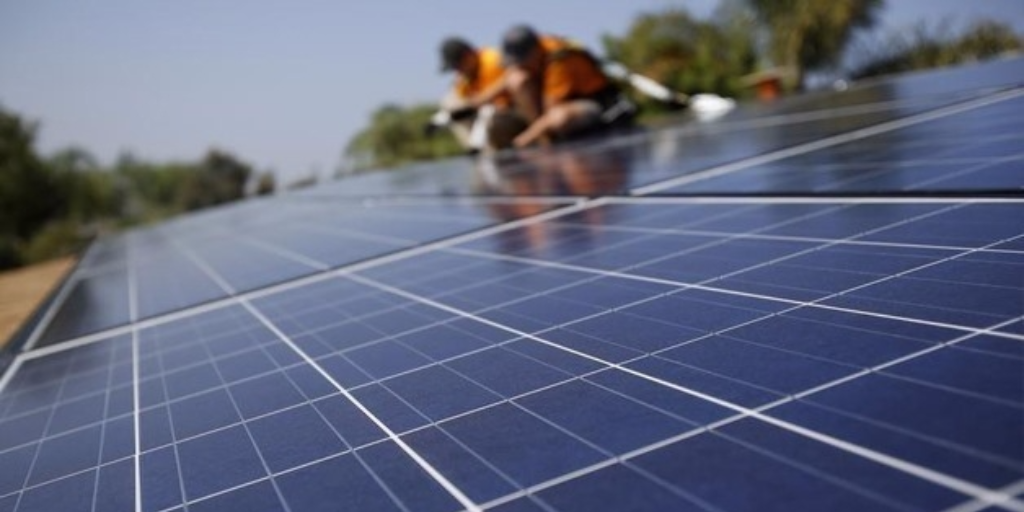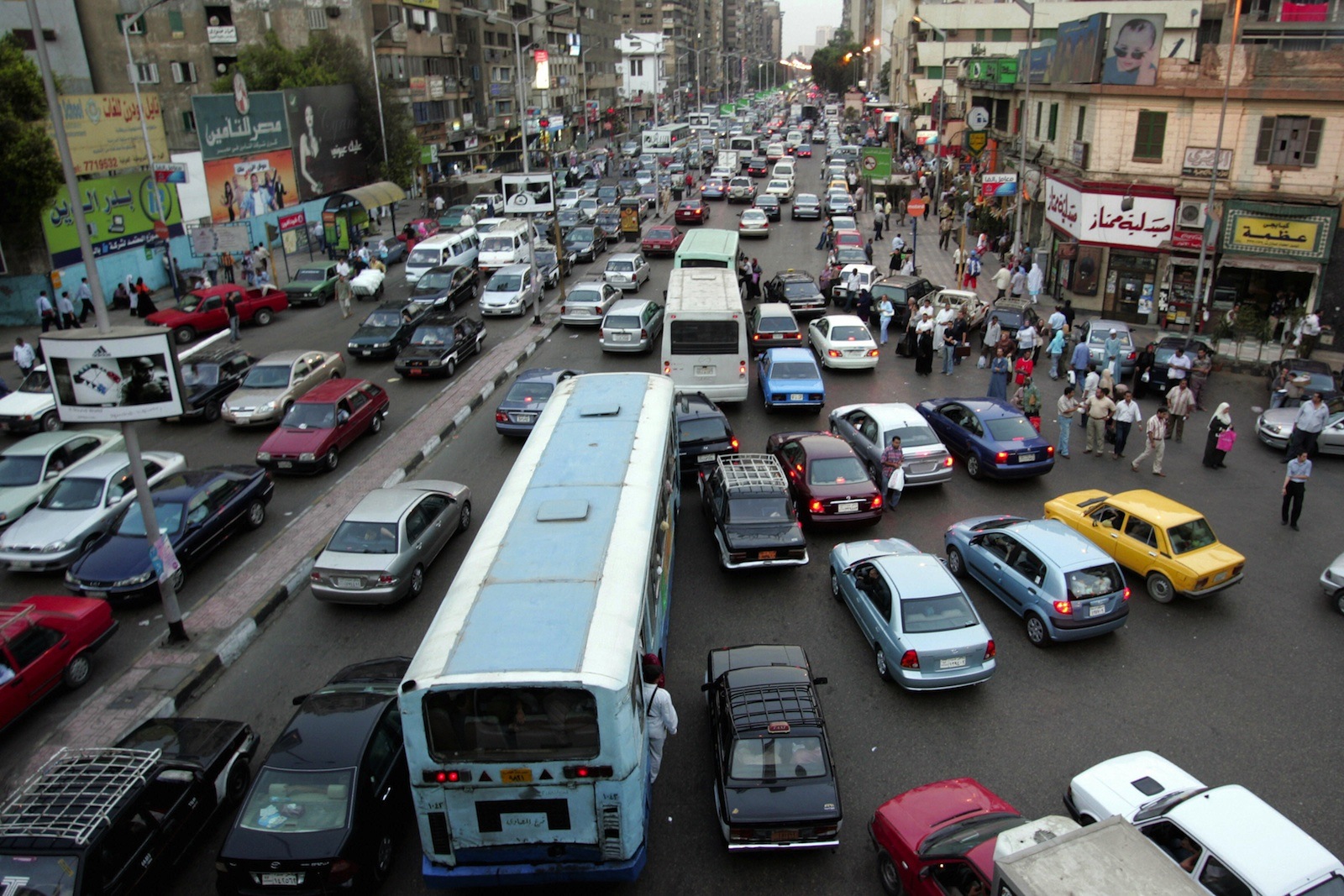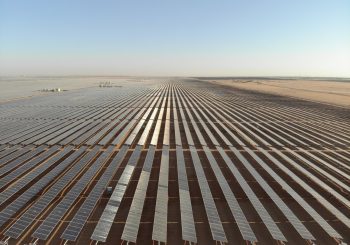Since 2011, Egypt has found itself one way or another in global headlines. Recently, coverage of Egypt has focused on a series of huge natural gas discoveries. The excitement this has generated is not just limited to the government, however. The usually staid world of oil and gas cannot contain its excitement either.
Before asking the important question of what all this actually means for ordinary Egyptians, let us first explore what has been happening in Egypt’s energy sector.
The hype is real

Oil and gas are important to Arab economies, and Egypt is no exception. There are currently more than 50 international oil companies working in Egypt. Italy’s ENI is the most prominent of these, and they were the ones to discover the much-publicized Zohr gas field in 2015. In its official press release, ENI described it as a “world class supergiant gas discovery,” and for good reason: it has an estimated capacity of at least 30 trillion cubic feet of gas, almost doubling Egypt’s reserves. As of 2017, Egypt had proven reserves of 3.3 billion barrels of oil and 62.8 trillion cubic feet of natural gas.
“Zohr is the largest gas discovery ever made in Egypt and in the Mediterranean Sea and could become one of the world’s largest natural-gas finds,” the press release said. “This exploration success will give a major contribution in satisfying Egypt’s natural gas demand for decades.”
The Oil & Gas Year reported that by the end of 2018, Egypt was gas self-sufficient after 43 crude oil and 18 gas discoveries that year. All in all, Egypt is now Africa’s top non-OPEC oil producer, and third largest natural gas producer after Algeria and Nigeria.
Zohr turned Egypt from an energy importer to an energy exporter and kick-started the Idku LNG (liquified natural gas) plant, which had hitherto sat idle. A second find, called Nour, is also the cause of some excitement, but it remains to be seen just how much gas it holds.
God bless gas

Long overshadowed by oil, natural gas is now taking center stage. Natural gas is cleaner than other fossil fuels, making it an ideal bridge to a renewable energy powered future. Egypt is currently building the world’s largest solar park in Aswan, and is aiming to produce 20 percent of its power from renewable energy by 2022.
Natural gas is also rapidly becoming cheaper than other fossil fuels, not just due to recent discoveries in Egypt and elsewhere, but because it is cheaper and quicker to build the necessary infrastructure compared to coal or nuclear plants. It is also cost effective as just a small volume generates a lot of electricity. By 2035, natural gas will make up 25 percent of world energy.
“More than 92 percent of the continent’s total gas reserves are concentrated in four nations: Nigeria, Algeria, Egypt, and Libya,” said NJ Ayuk, CEO of Centurion Law Group, a pan-African energy law firm.
NJ made his comments in his latest book, “Billions at Play: The Future of African Energy and Doing Deals,” which is currently available for pre-order. In the book, NJ argues for putting African energy needs before those of foreigners.
“The domestic market within our continental borders must not be overlooked any longer. Once we’ve taken care of ourselves, then we can discuss exports… Using locally sourced (or at least continentally sourced) natural gas can help curb our costly imports of refined oil products from abroad,” he wrote.
This is a point that will particularly resonate with debt-laden Egypt. With regards to intra-African energy trade, Egypt has already taken the lead by recently completing an electricity grid connection project with Sudan, which dovetails nicely with Cairo’s aim of becoming a regional energy hub.
What this means for Egyptians

Egypt has gone from energy importer to energy exporter, meaning power cuts and energy crises will become a thing of the past. Due to the money pouring into Egypt’s coffers, Egypt will have paid back its debts to international oil companies by 2019-20, which will lighten Egypt’s overall debt burden.
In addition to increased energy and financial stability, Cairo also has its sights on power politics. Egypt is well-positioned to take advantage of the shift from oil to natural gas, as it has the only two large-scale gas export terminals in the eastern Mediterranean region, both built during the Mubarak era. The export terminals have gone unused since 2014 when Egypt underwent a serious energy crisis and had to resort to imports.
The New York Times reported that Europe is committed to being less reliant on Russian gas, even if that means paying a higher financial price. Egypt is an ideal partner in this task. It is not just Europe Egypt wants to export to; exports will resume to Jordan and Lebanon too according to the NYT, helping Cairo claw back some of its regional influence. Israel will also export to Europe but will do so via Egypt, allowing Cairo to gain leverage over Tel Aviv.
Stability, security, and status – these factors by themselves should bring optimism to a country that has spent close to a decade looking for the light at the end of the tunnel.

There is something deeper at play, however. Reforms in the oil and gas sector have made Egypt more attractive to foreign companies, and oil and gas production costs have fallen by 15 percent. The Zohr gas field went from discovery to production in less than two and a half years, and already makes up a third of Egypt’s output.
The pace of reform in the oil and gas sector is moving at break-neck speed. There is a pessimism surrounding Egypt’s capacity to reform itself, but what these natural gas discoveries prove is that when Egypt wants to do something, it can. The Egyptian bureaucracy’s zealous crusade to become the gold standard of Kafkaesque administration is clearly not a foregone conclusion, as the Zohr gas field shows.
What Egypt needs is for the same sense of urgency and creativity shown in the oil and gas sector to be applied to other areas of governance. Egypt has shown that it can change for the better, and it is perhaps this fact that stands out more than any other when analysing what Egypt’s natural gas discoveries mean for ordinary Egyptians.
If Egypt changes because it can, then its future is bright – and not just because of the natural gas-powered lightbulb above its head.
The opinions and ideas expressed in this article do not reflect the views of Egyptian Streets’ editorial team. To submit an opinion article, please email [email protected].







Comments (6)
[…] made sizable herbal fuel discoveries off its coast in contemporary years, is bringing japanese Mediterranean herbal fuel manufacturers […]
[…] which together could afford round-the-clock power). Meanwhile, Turkey, Saudi Arabia, Egypt, Israel, Iran, and the United Arab Emirates keep finding significant reserves […]